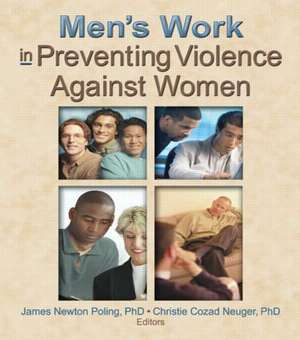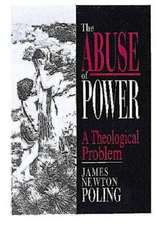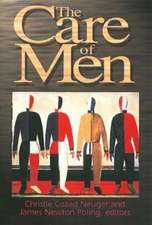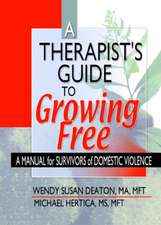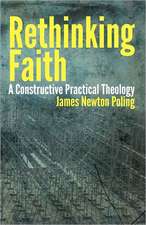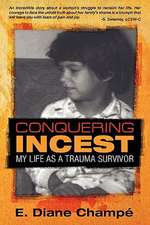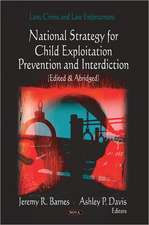Men's Work in Preventing Violence Against Women
Autor Christie Cozad Neuger, James Newton Polingen Limba Engleză Paperback – 6 noi 2003
Men's Work in Preventing Violence Against Women examines the experiences of 12 practicing counselors who call on their religious training to form partnerships between men and women that promote an end to domestic violence. In both religious and secular settings, the bulk of the work done to end violence against women is done by women—survivors who have become activists and advocates who have been touched by the witness of survivors. Motivating and educating men to share the everyday work of domestic violence shelters, rape crisis counseling, and abuse prevention is essential. This book challenges traditional images of masculinity, exploring effective—and ineffective—methods of helping men face their own sexism and change their behavior toward the goal of ending domestic violence.
Each contributor to Men's Work in Preventing Violence Against Women approached the concept of man/woman partnerships working to end domestic violence and sexual assault with the following questions in mind:
- In your experience and social world have you seen creative partnerships between men and women that made a difference?
- Have you seen men in counseling struggle to change their views on gender in order to become reliable allies in the fight to end violence against women?
- How can religion become a resource for men working to become allies with women?
- What strategies can men use to help end violence against women?
- holding Christian men accountable for domestic violence
- shared experiences of batterers and the people who treat them
- premarital preparation
- the dynamics of power in pastoral care
- engaging Scripture with male abusers
- helping men become pro-feminist
Preț: 242.21 lei
Preț vechi: 254.96 lei
-5% Nou
Puncte Express: 363
Preț estimativ în valută:
46.35€ • 48.49$ • 38.50£
46.35€ • 48.49$ • 38.50£
Carte tipărită la comandă
Livrare economică 02-16 aprilie
Preluare comenzi: 021 569.72.76
Specificații
ISBN-13: 9780789021724
ISBN-10: 0789021722
Pagini: 136
Dimensiuni: 152 x 229 x 9 mm
Greutate: 0.23 kg
Ediția:1
Editura: Taylor & Francis
Colecția Routledge
Locul publicării:Oxford, United Kingdom
ISBN-10: 0789021722
Pagini: 136
Dimensiuni: 152 x 229 x 9 mm
Greutate: 0.23 kg
Ediția:1
Editura: Taylor & Francis
Colecția Routledge
Locul publicării:Oxford, United Kingdom
Cuprins
- Introduction
- Jewish Men and Jewish Male Violence
- Holding Christian Men Accountable for Abusing Women
- Infinite Responsibility: A Shared Experience of Batterers and Those Who Treat Batterers
- Premarital Preparation: Generating Resistance to Marital Violence
- Moving from Vulnerability to Empowerment
- The Dynamics of Power in Pastoral Care
- You Know What the Bible Says: A Proposal for Engaging Scripture with Male Abusers
- Men Helping Men to Become Pro-Feminist
- Index
- Reference Notes Included
Notă biografică
Christie Cozad Neuger, James Newton Poling
Descriere
Men's Work in Preventing Violence Against Women examines the experiences of 12 practicing counselors who call on their religious training to form partnerships between men and women that promote an end to domestic violence. In both religious and secular settings, the bulk of the work done to end violence against women is done by women—survivors who have become activists and advocates who have been touched by the witness of survivors. Motivating and educating men to share the everyday work of domestic violence shelters, rape crisis counseling, and abuse prevention is essential. This book challenges traditional images of masculinity, exploring effective—and ineffective—methods of helping men face their own sexism and change their behavior toward the goal of ending domestic violence.
